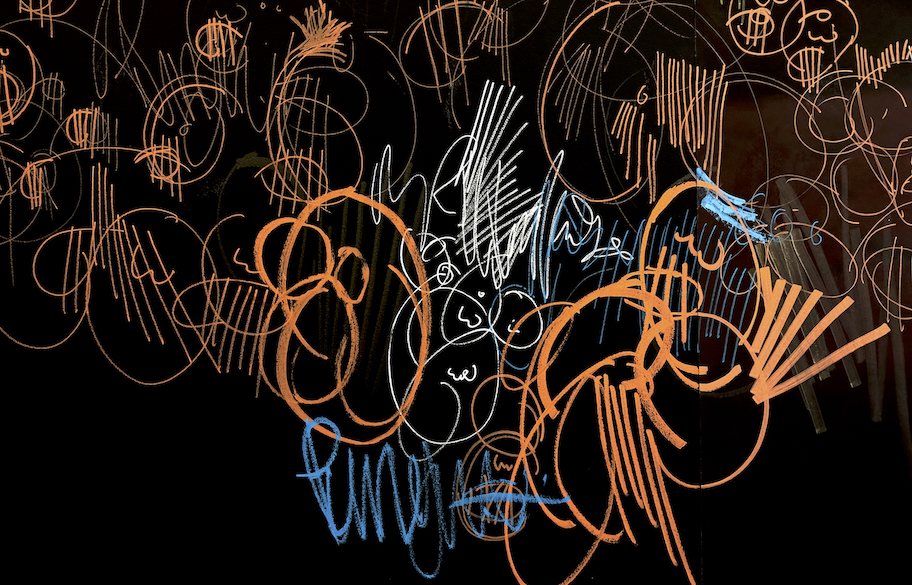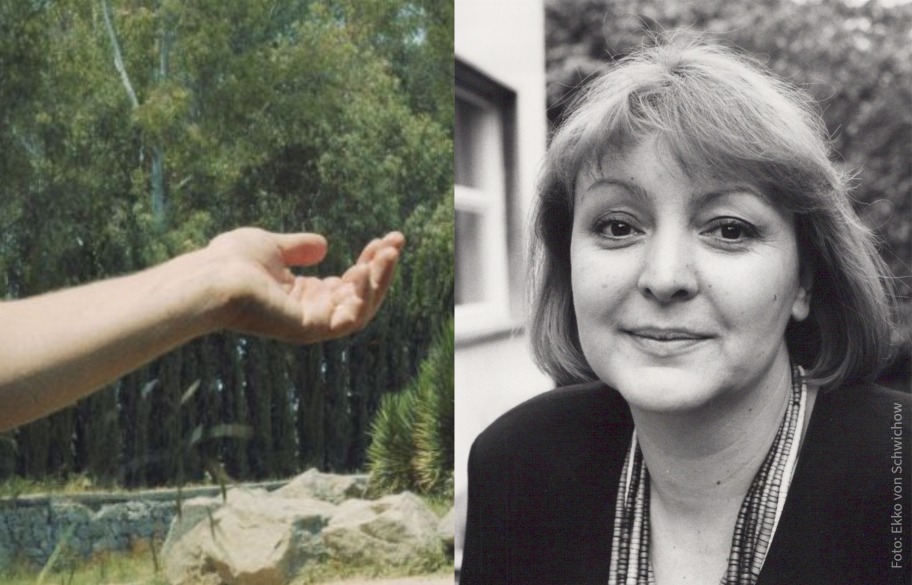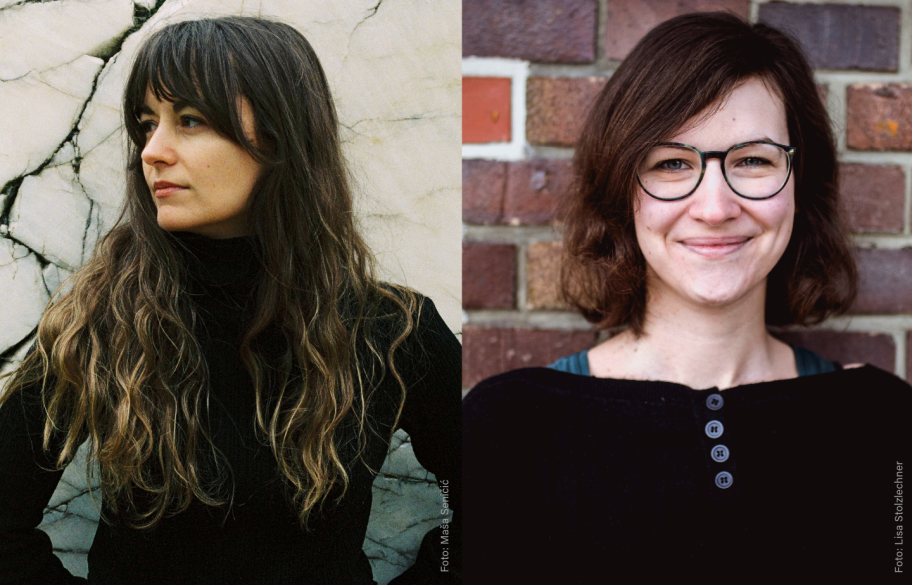Bosnia and Herzegovina, Literature, 2023
Lana
Bastašić

“I don’t spend much time thinking about myself,” answers Lana Bastašić when asked which country, which language, which part of the world she comes from. You get a sense from her biography that she doesn’t waste much time pinning herself to categories of identity and nationality: born in Zagreb, Croatia in 1986, and raised in Banja Luka, Bosnia, she now lives in Belgrade, Serbia following several years in Barcelona. The label “post-Yugoslavian author” is attached to her all too readily.
A brief look at her work reveals so much more. First and foremost are questions of femininity, approached in a universal way that transcends age, nationality, and class. Questions about female performance, or about the validity and deconstruction of anachronistic gender roles. In her debut novel, Uhvati zeca (2018, German edition: Fang den Hasen, trans. by Rebecca Zeinzinger, S. Fischer, 2020), she writes about a complex, at times sad, incredibly intimate, often funny, and occasionally fractious female friendship. All of this is set against the complicated backdrop of the post-Yugoslav Balkans, but Bastašić takes a completely different route by dissecting Lewis Carroll’s classic Alice in Wonderland and constructing her novel along its structure. The result is a small wonder that leaves the reader changed.
Also reappearing repeatedly in her collection of short stories, Mliječni zubi (2020), available in German in late January 2023 under the title Mann im Mond (trans. By Rebecca Zeinzinger, S. Fischer), are women and girls, mothers, daughters, and sisters, who we encounter in the book’s pages. Bastašić shows that women still have a lot to fight for, regardless of where they are in the world. But the author never loses sight of humanity, humor, and tenderness, depicting women full of anger, but also full of love. She is never malicious in her texts, even if her heroines have enough reason to be.
In 2021, she published a slim journal, Crveni kofer (Red Suitcase), tracing the time she spent on a writer’s residency in Zurich during lockdown while her grandmother died of Covid at home and there was no possibility of saying goodbye. The red suitcase is Lana Bastašić’s legacy – an heirloom, but also a symbol of all the baggage we carry around with us, of her own journeys, her paths, and curves in the road. On display too is the deep humanity of this writer, who manages with apparent ease to create a tableau of all facets of life; a tableau capable of deeply impressing us, her lucky readers.
Text: Rasha Khayat
Translation: Erik Smith




